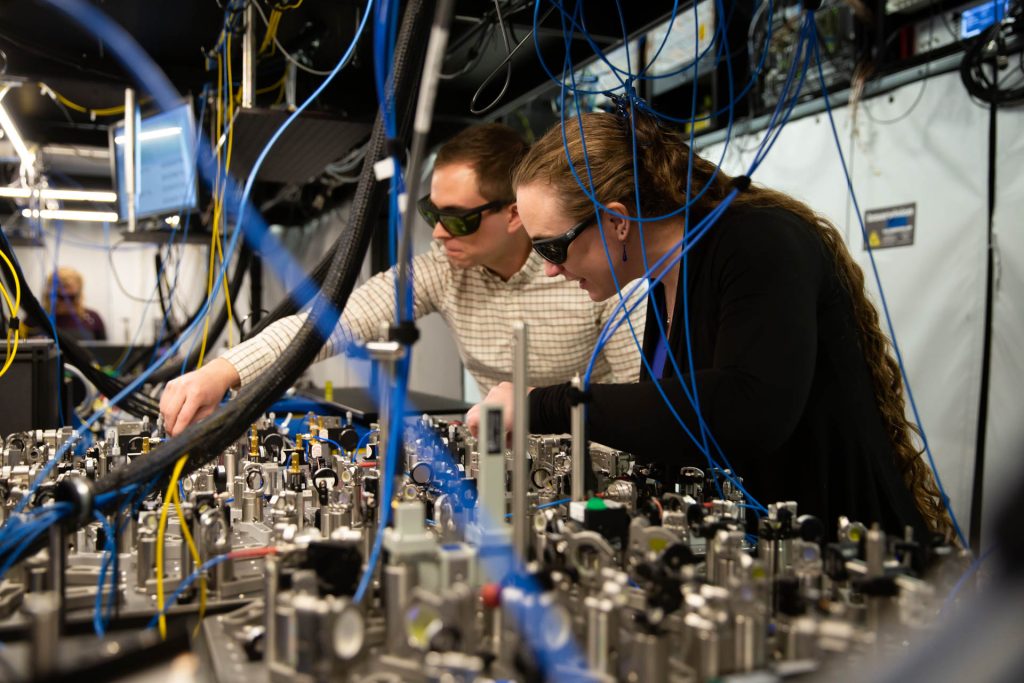Microsoft and Quantinuum have recently demonstrated a quantum computing system that can reduce the error rate for data processing by a factor of 800. This achievement is a significant stride for the quantum ecosystem and opens up the possibility of solving various complex problems that would be unachievable using classical computers. The key to success in quantum computing lies in qubits, which can represent multiple values until the computation results are read out. However, qubits are noisy and prone to errors, which has been a challenge for researchers to overcome.
In the past, it was believed that a quantum computer would require at least a million physical qubits to demonstrate an advantage over classical computers. However, recent advancements have shown that it is possible to create four highly reliable logical qubits from just 30 physical qubits. Microsoft and Quantinuum’s demonstration shows a remarkable improvement in error rates, making quantum error correction more valuable and effective. The use of a qubit-virtualization system has increased the reliability of Quantum’s ion-trap hardware by a factor of 800, leading to a significant reduction in error rates and the creation of more reliable logical qubits.
Microsoft takes a hybrid approach to cloud-based computing, combining classical supercomputing with quantum processing. As a result of the recent advancements, they are moving towards Level 2 Resilient quantum computing, which represents an improvement over the current noisy intermediate-scale quantum (NISQ) level. These advancements will be made available to Azure Quantum Elements customers in the near future. Microsoft is also looking ahead to Level 3, where they aim to solve challenging problems in fields such as chemistry and materials science, bringing together quantum computing, classical supercomputing, and AI in the Azure Quantum cloud.
In addition to Microsoft, other tech companies are also making progress in the quantum computing field. Amazon Web Services has demonstrated a new type of qubit that converts most errors into erasure errors, leading to a potential reduction in error-correction overhead. IonQ has partnered with South Carolina Quantum to provide quantum computing capabilities and services to academic partners, accelerating the introduction of quantum technologies. IBM has developed an error-correcting code called the gross code, which is more efficient than previous methods and can protect 12 logical qubits for a million cycles of error checks. These advancements highlight the rapid progress being made in quantum computing technology.















